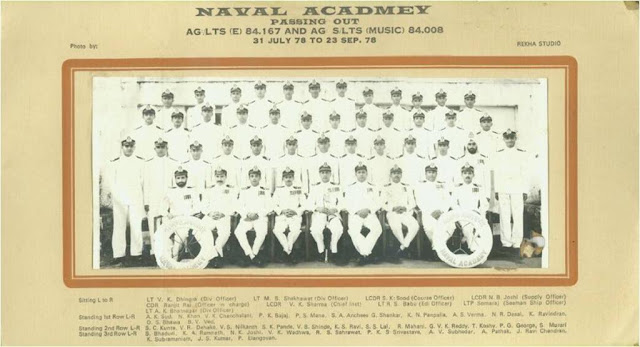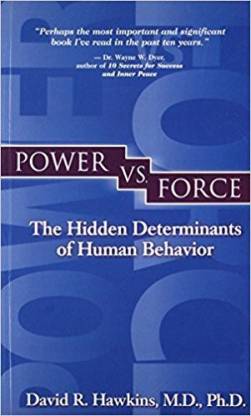The 7 Habits of Highly Effective People by Stephen R Covey , Sean Covey
With Sean Covey’s added takeaways on how the habits can be used in our modern age, the wisdom of the 7 Habits will be refreshed for a new generation of leaders.
Covey’s seven habits are composed of the primary principles of character upon which happiness and success are based. The 7 Habits of Highly Effective People puts forward a principle-centered approach to both personal and interpersonal effectiveness. Rather than focusing on altering the outward manifestations of your behavior and attitudes, it aims to adapt your inner core, character, and motives.
The seven habits in this book will help you move from a state of dependence, to independence, and finally to interdependence. While society and most of the self-help books on the market champion independence as the highest achievement, Covey argues that it’s interdependence that yields the greatest results.
Interdependence is a more mature, advanced concept. It precludes the knowledge that you are an independent being, but that working with others will produce greater results than working on your own. To attain this level of interdependence, you must cultivate each of the seven habits laid out in the book.
They include:
Habit 1: Be Proactive
More than just taking the initiative, being proactive means taking responsibility for your life. Consequently, you don’t blame your behavior on external factors such as circumstances, but own it as part of a conscious choice based on your values. Where reactive people are driven by feelings, proactive people are driven by values.
Habit 2: Begin with the End in Mind.
To better understand this habit, Covey invites you to imagine your funeral. He asks you to think how you would like your loved ones to remember you, what you would like them to acknowledge as your achievements, and to consider what a difference you made in their lives. Engaging in this thought experiment helps you identify some of your key values that should underpin your behavior. Covey states that the most effective way to begin with the end in mind is to create a personal mission statement. It should focus on the following:
- What you want to be (character)
- What you want to do (contributions and achievements)
- The values upon which both of these things are based
Habit 3: Put First Things First.
This means cultivating the ability to say no to things that don’t match your guiding principles. To manage your time effectively in accordance with habit three, your actions must adhere to the following:
- They must be principle-centered.
- They must be conscience-directed, meaning that they give you the opportunity to organize your life in accordance with your core values.
- They define your key mission, which includes your values and long-term goals.
- They give balance to your life.
- They are organized weekly, with daily adaptations as needed.
Habit 4: Think Win/Win To be an effective win/win leader, Covey argues that you must embrace five independent dimensions:
- Character: This is the foundation upon which a win/win mentality is created, and it means acting with integrity, maturity, and an “abundance mentality” (i.e., there is plenty of everything for everyone, one person’s success doesn’t threaten your success).
- Relationships: Trust is essential to achieving win/win agreements. You must nourish your relationships to maintain a high level of trust.
- Agreements: This means that the parties involved must agree on the desired results, guidelines, resources, accountability, and the consequences.
- Win/win performance agreements and supportive systems: Creating a standardized, agreed-upon set of desired results to measure performance within a system that can support a win/win mindset.
- Processes: All processes must allow for win/win solutions to arise.
If you want to improve your interpersonal relations, Covey argues that you must endeavor to understand a situation before attempting to make yourself understood. The ability to communicate clearly is essential for your overall effectiveness, as it’s the most important skill you can train. While you spend years learning to read, write, and speak, Covey states that little focus is given to training the skill of listening. When you begin to listen to people with the intent of understanding them, you’ll be astounded at how quickly they will open up.
Once you think you’ve understood the situation, the next step is to make yourself understood. This requires courage. By using what you’ve learned from empathic listening, you can communicate your ideas in accordance with your listener’s paradigms and concerns. This increases the credibility of your ideas, as you will be speaking in the same language as your audience.
When synergy is operating at its fullest, it incorporates the desire to reach win/win agreements with empathic communication. It’s the essence of principle-centered leadership. It unifies and unleashes great power from people, as it’s based on the tenant that the whole is greater than the sum of its parts. The real challenge is to apply principles of synergetic creative cooperation into your social interactions. Covey argues that such instances of synergetic interpersonal group collaboration are often neglected but should be part of your daily life.
This seventh habit is all about enhancing yourself through the four dimensions of renewal:
- Physical: Exercise, nutrition, and stress management. This means caring for your physical body, eating right, getting enough sleep, and exercising regularly.
- Social/emotional: Service, empathy, synergy, and intrinsic security. This provides you with a feeling of security and meaning.
- Spiritual: Value clarification and commitment, study, and meditation. In focusing on this area of your life, you get closer to your center and your inner value system.
- Mental: Reading, visualizing, planning, and writing. To continually educate yourself means expanding your mind. This is essential for effectiveness.
This beloved classic presents a principle-centered approach for solving both personal and professional problems. With penetrating insights and practical anecdotes, Stephen R. Covey reveals a step-by-step pathway for living with fairness, integrity, honesty, and human dignity—principles that give us the security to adapt to change and the wisdom and power to take advantage of the opportunities that change creates.





Comments
Post a Comment